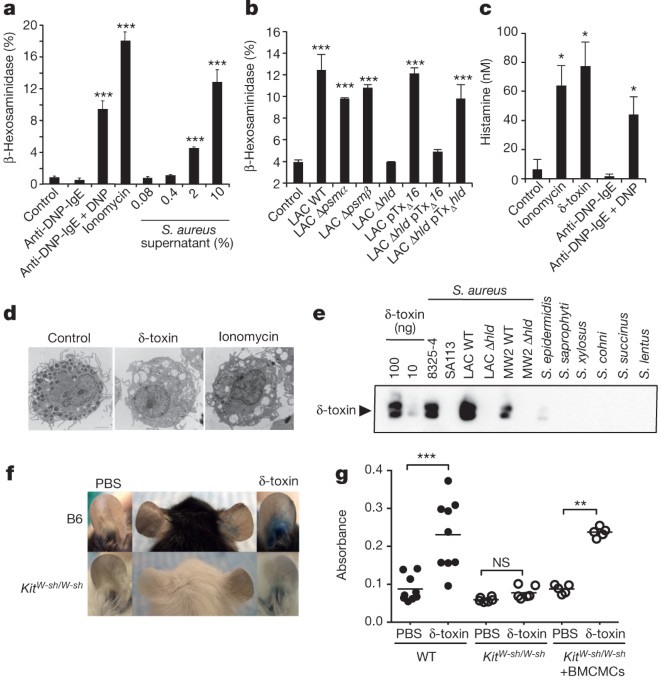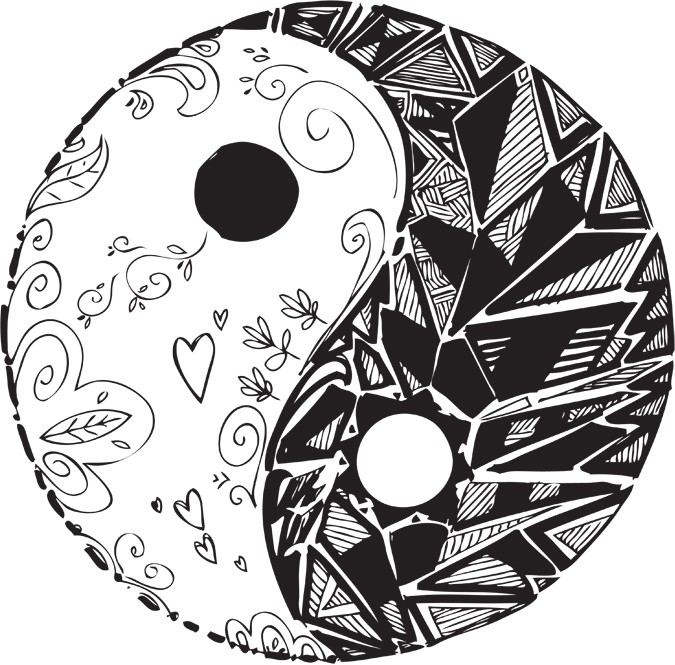
- Select a language for the TTS:
- UK English Female
- UK English Male
- US English Female
- US English Male
- Australian Female
- Australian Male
- Language selected: (auto detect) - EN
Play all audios:
Two projects submitted from the Gulf Coast Veterans Health Care System (GCVHCS) were selected by the VHA’s Innovator’s Network in September. GCVHCS had two investments selected out of 146
nation-wide teams of employee innovators. The investees are joining more than 500 previous network investees. The projects, a program to allow transfer of near-expiring implants to
facilities in need nationwide to decrease the amount of waste each year and a protoype for a wheelchair kiosk that provides decontamination and inventory management, are part of the VHA
Innovation Network’s (iNET) Spark-Seed-Spread Innovation Investment Program, an initiative designed to employ a diverse range of practices using innovation to deliver a better experience for
Veterans, their caregivers and VA employees. The GCVHCS is one of 33 VHA iNet sites nationwide. The VHA’s Innovators Network was launched in 2015 to build and empower a community of VHA
front-line employees who actively move the organization forward by innovation. The iNet-sponsored Spark-Seed-Spread Innovation Investment Program serves as a mechanism to empower employees
by providing an avenue to identify and accelerate employee-designed innovations that improve experiences for Veterans and employees. Programs selected under the iNET Spark-Seed-Spread
program are categorized as either Spark Challenge (defining a problem) or Spark Idea (developing a prototype); Seed (implementing a pilot); or Spread (implementing a multi-site pilot).
Chosen by iNET facility leadership and national subject matter experts, teams receive resources to advance their innovative solution into a reality and go through the Spark-Seed-Spread
Innovation Accelerator (Accelerator). Run like a business start-up, the Accelerator provides resources and training to operationalize early-stage innovations. These resources include
human-centered design training, lean start-up education, pitch design and lessons in storytelling. GCVHCS Implant Coordinator Shanna Jenkins, along with Debra Reynolds, an Implant
Coordinator from Fayetteville, Arkansas, collaborated to create an Inventory Exchange Program (IEP). As the Fayetteville, Arkansas, location is not an iNet site, Reynolds is scheduled for
mentorship through the GCVHCS iNet site. Jenkins and Reynolds plan to create a National SharePoint site to exchange near-expiring surgical and other implants among VHA sites in need to
decrease the amount of waste each year, an ongoing VHA consideration. GCVHCS Infection Control Registered Nurse Kristin Mate is creating a prototype for a Veteran Integrated Chair Kiosk
(VICK). The kiosk will decontaminate and provide inventory of facility wheelchairs, as well as alert Patient Safety if there are any wheelchair operational issues occurring. Mate is
presenting her concept to California Polytechnic State University, working with future engineers in developing a prototype. GCVHCS Innovation Specialists Elizabeth Williams and Sheena Strong
are scheduled to mentor Jenkins, Reynolds and Mate during the FY22 investment cycle to further develop their concepts.







